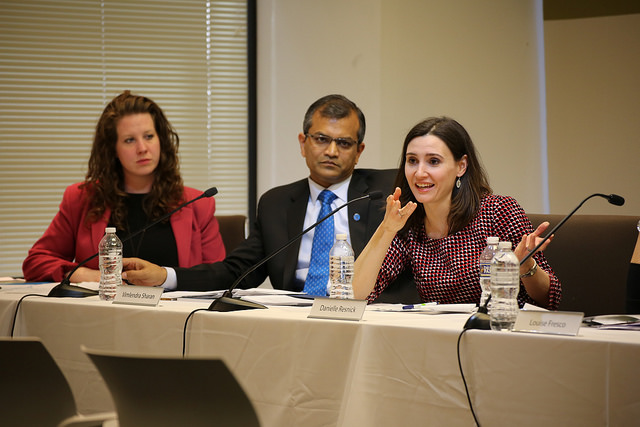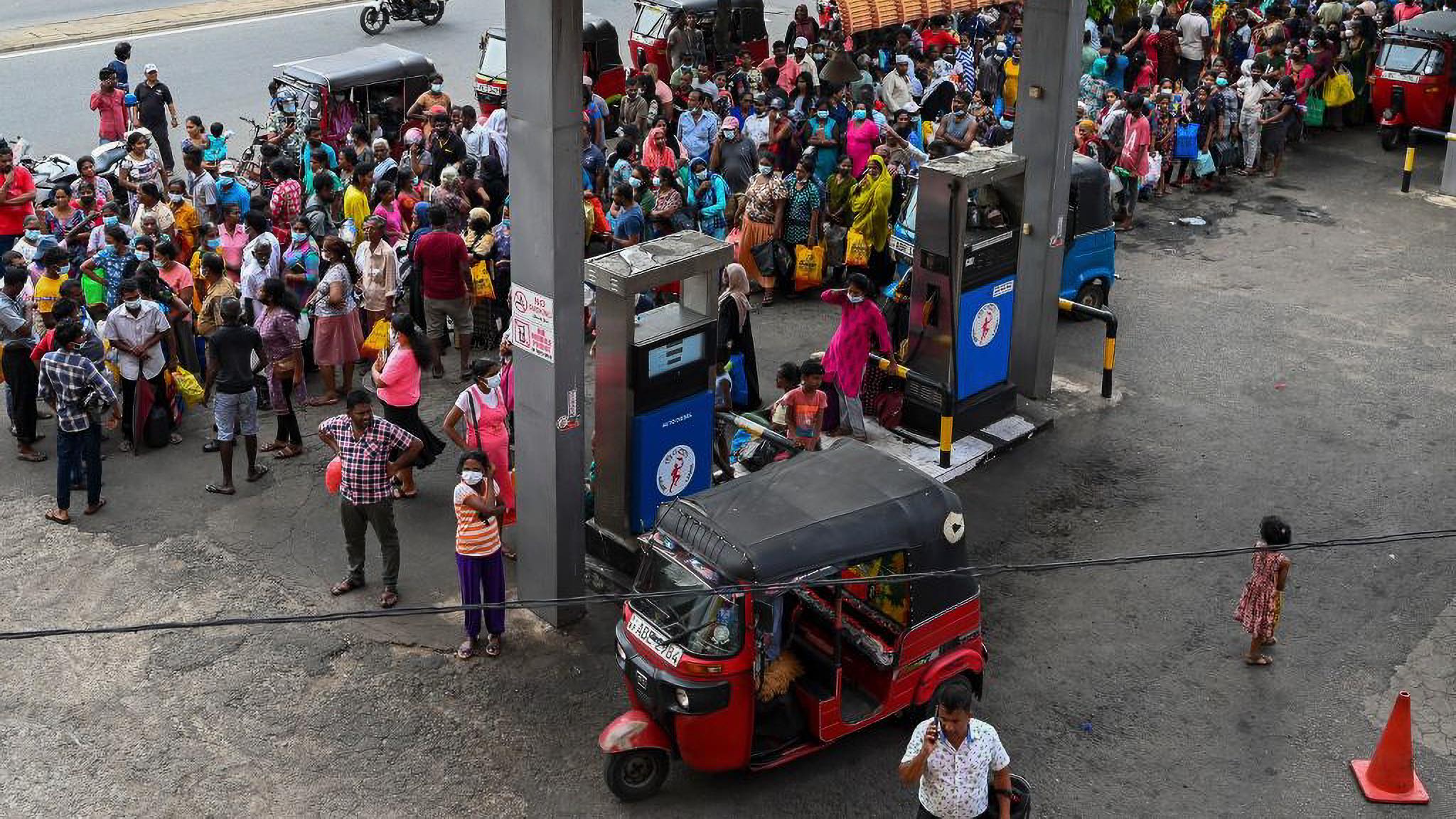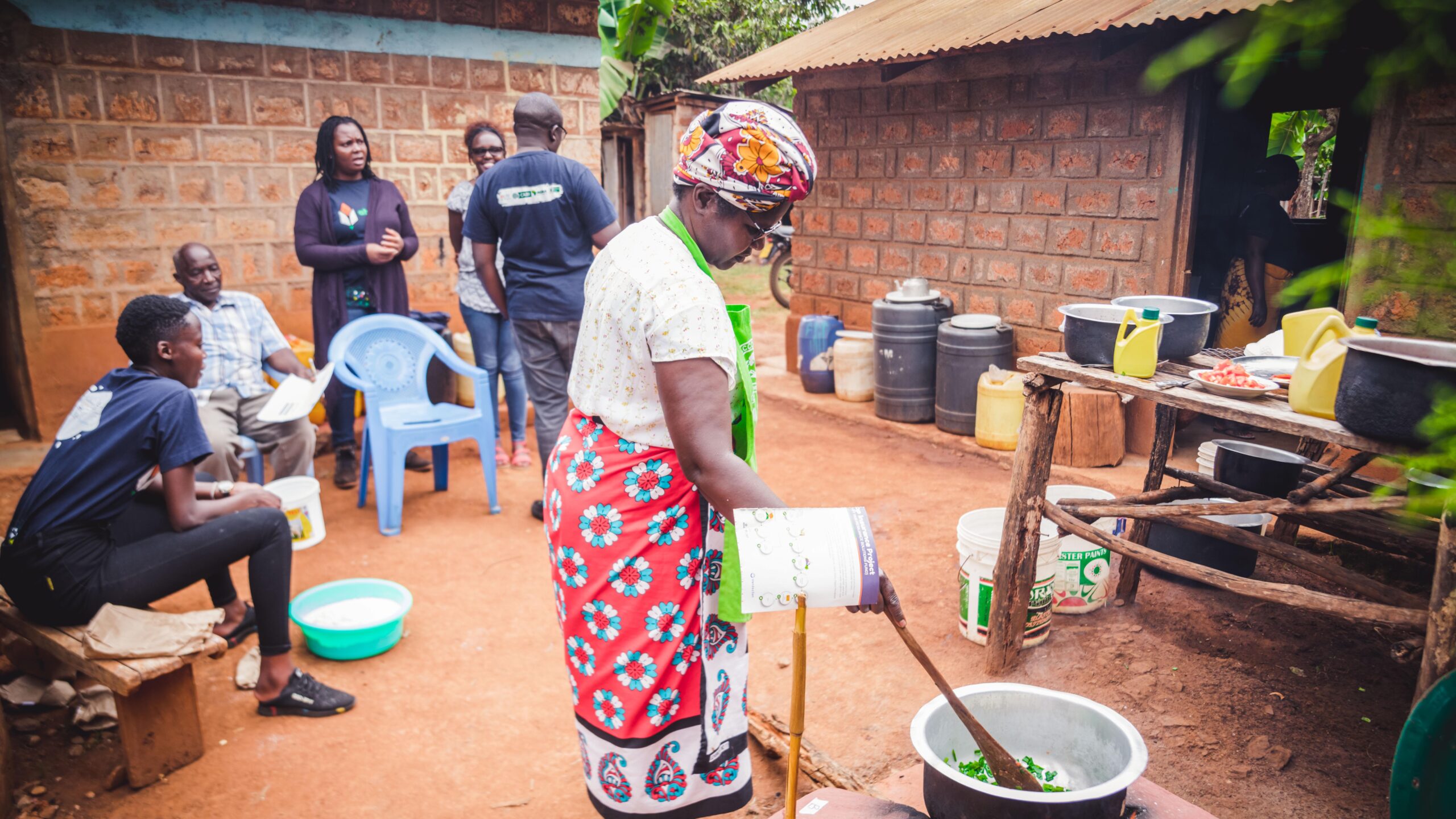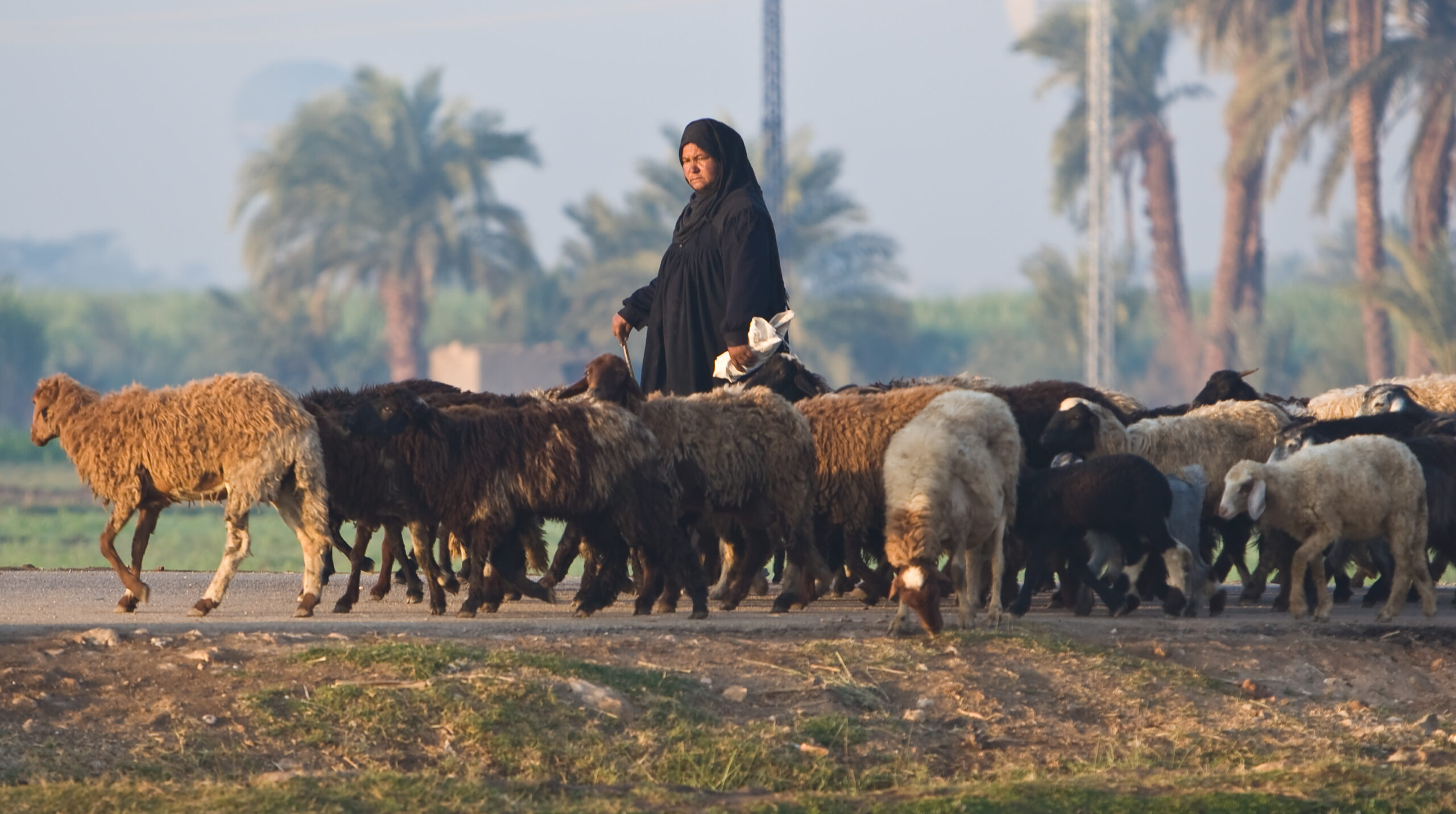With concerns about famine in Africa mounting, IFPRI launched its 2017 Global Food Policy Report (GFPR) on March 23. “Twenty million people may suffer from famine if we don’t act together,” IFPRI Director General Shenggen Fan said at the event unveiling the report. While the GFPR—which assesses trends in hunger and nutrition issues worldwide—shows overall progress, great uncertainties lie ahead for global food security, Fan said, including stagnant economic growth and ongoing conflicts, which contribute to the recurring risk of famine.
The GFPR focuses on a distinct theme each year. For 2017, it takes an in-depth look at how rapid urbanization is reshaping food systems, and its impact on food security and nutrition for rural and urban populations.
Feeding urban populations poses unique challenges, and malnutrition is shifting to urban areas, Fan said. But there are obstacles to addressing this trend. Changing political circumstances could fundamentally impact global food and nutrition security through reduced or uncertain investments in aid, research, and global partnerships. And while current agricultural and food policies focus heavily on production, in the future they must shift to address the “missing middle” between producers and consumers, including processing and retailing, where better policies can boost employment opportunities and reduce food waste.
“If we are to eradicate hunger and poverty, we must have a paradigm shift,” said Vimlendra Sharan, director of the Liaison Office for North America of the United Nations Food and Agriculture Organization (FAO). Asking the audience to picture what comes to mind when they hear the word “city,” Sharan warned that images of hunger, malnutrition, and ill health will come to dominate public perceptions—unless food is integrated into discussions about cities and vice versa.
“Three point four billion people have a problem with food,” said Louise Fresco, president of Wageningen University & Research Center in the Netherlands, noting that 2 billion of them suffer from malnutrition due to micronutrient deficiencies and over 1 billion are overweight or obese, which is also a form of malnutrition. Nevertheless, she said, there is reason for long-term optimism because agricultural production is increasing, while the number of people who suffer from hunger and malnutrition declines.
To maximize sustainability, the food supply chain must be considered in its entirety, Fresco said. For instance, the rising concentration of urban populations presents an opportunity to move toward “circular food chain cities”—places that retrieve every single element from sewage systems and food waste, down to the molecular level of proteins and enzymes, and brings them back into the food chain.
Ninety percent of the increase in urbanization worldwide is expected to occur in Africa and Asia. Africa is the fastest-urbanizing global region and by 2030, the majority of its population will reside in urban areas. Urban food systems depending on informal food vendors will be crucial to feeding those populations affordably, said Danielle Resnick, a senior research fellow in IFPRI’s Development Strategies and Governance Division.
Despite their importance, Resnick explained, food vendors have often been treated with ambivalence by many African governments: They are targeted in crackdown campaigns, have their goods confiscated, and are particularly vulnerable to violence. Efforts must be made to support and to harness this informal economy through programs such as food safety certification and redrafting vending bylaws, in addition to the usual focus on urban agriculture, she said.
“If we are serious about meeting the SDGs, we must be serious about urban food insecurity and malnutrition,” said Elizabeth Buckingham of the U.S. State Department Office of Global Food Security. One problem, she said, is a lack of fine-grained data on poverty and food security. Addressing food security across the rural and urban spectrum must include better, more localized data; building expertise along the value chain; and improving the business environment.
Katarlah Taylor is an Information and Knowledge Management Facilitator at IFPRI.







